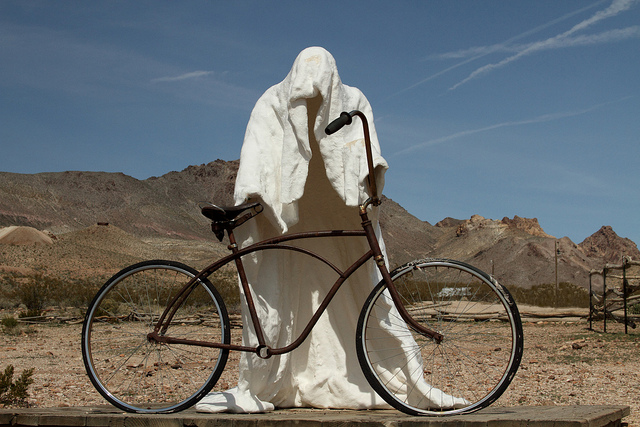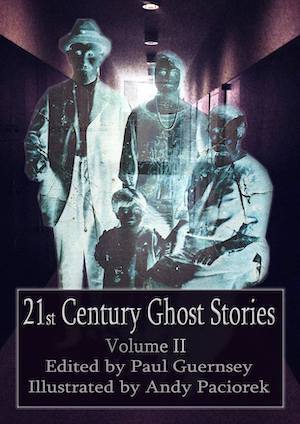
Image: Gabriel Millos
Telling Stories From A Ghost Or Vampire’s Point Of View
Yes, it’s a legitimate way of writing a supernatural story: telling it not from a would-be victim’s point of view, but from the perspective of the menacing supernatural entity itself. However, one technical problem with this way of crafting a tale has to do with making it sufficiently suspenseful. After all, if both your demon and your reader know what the demon is going to do, you risk giving up all the delicious uncertainty that keeps a suspenseful supernatural story moving.
One way that many successful supernatural-fiction authors have handled this problem is by making the monster or ghost somewhat mysterious even to him- or herself. And, no, this is not a contrived fictional device, since in real life all of us—and some more than others—remain largely in the dark about our own motivations and impulses. For example, few people can do more than guess about how well or badly they’d behave in certain life-and-death situations.
The key is to allow your supernatural protagonist to be a fully rounded, humanly lifelike character. Maybe your vampire is only partly aware of how he or she might behave in presence of an innocent, unsuspecting, defenseless, mortal life. Or maybe your monster knows exactly what it’s likely to do—but is nonetheless at war with the worst elements of its own nature. Maybe your ghost or demon has made rules for itself regarding its interactions with living people—but does it have the willpower to follow those rules?
Bottom line: No matter how evil, a supernatural being that retains some of its vulnerable, uncertain humanity is much more believable, unpredictable, and frightening than is a cardboard cutout character unambiguously bent on nothing but the world’s destruction.

